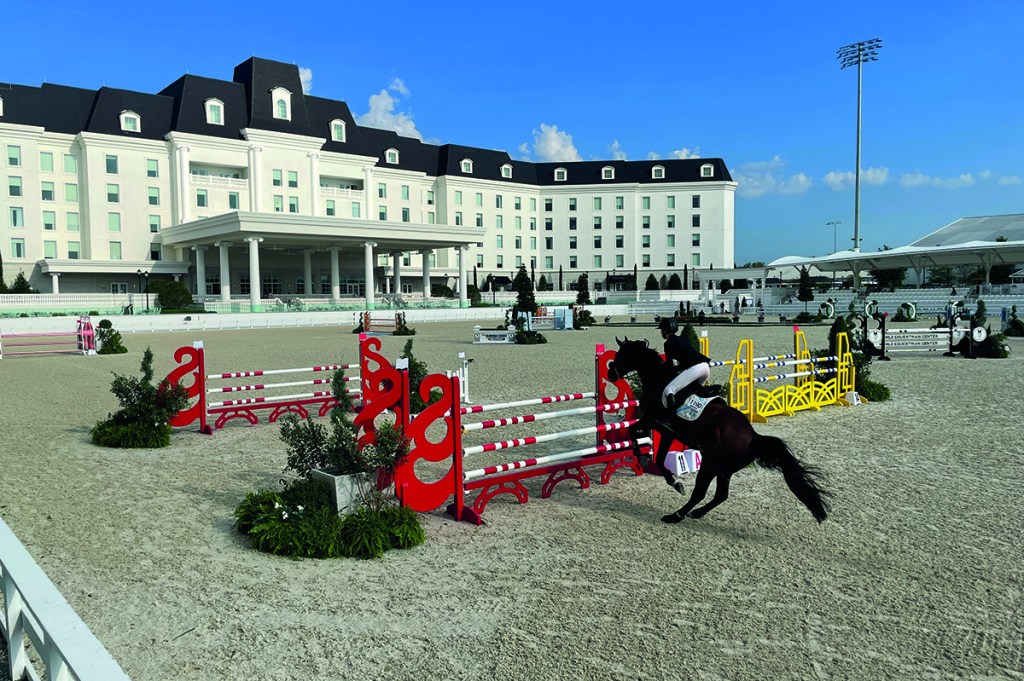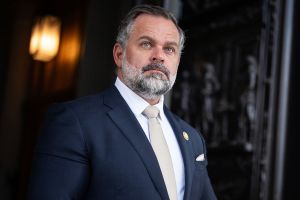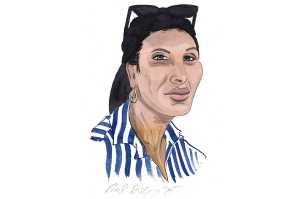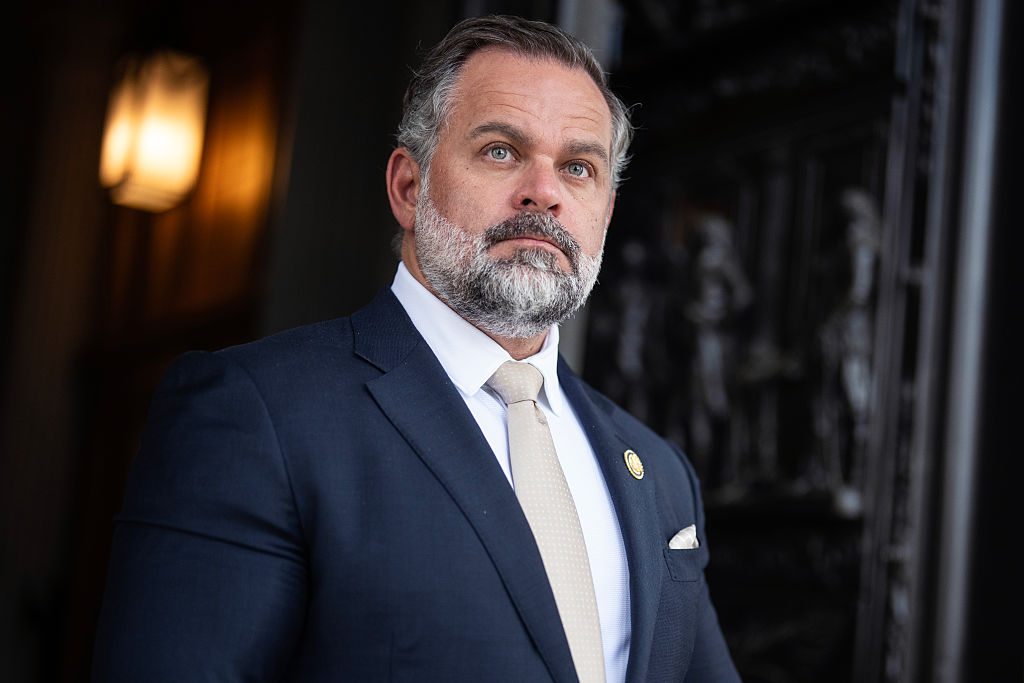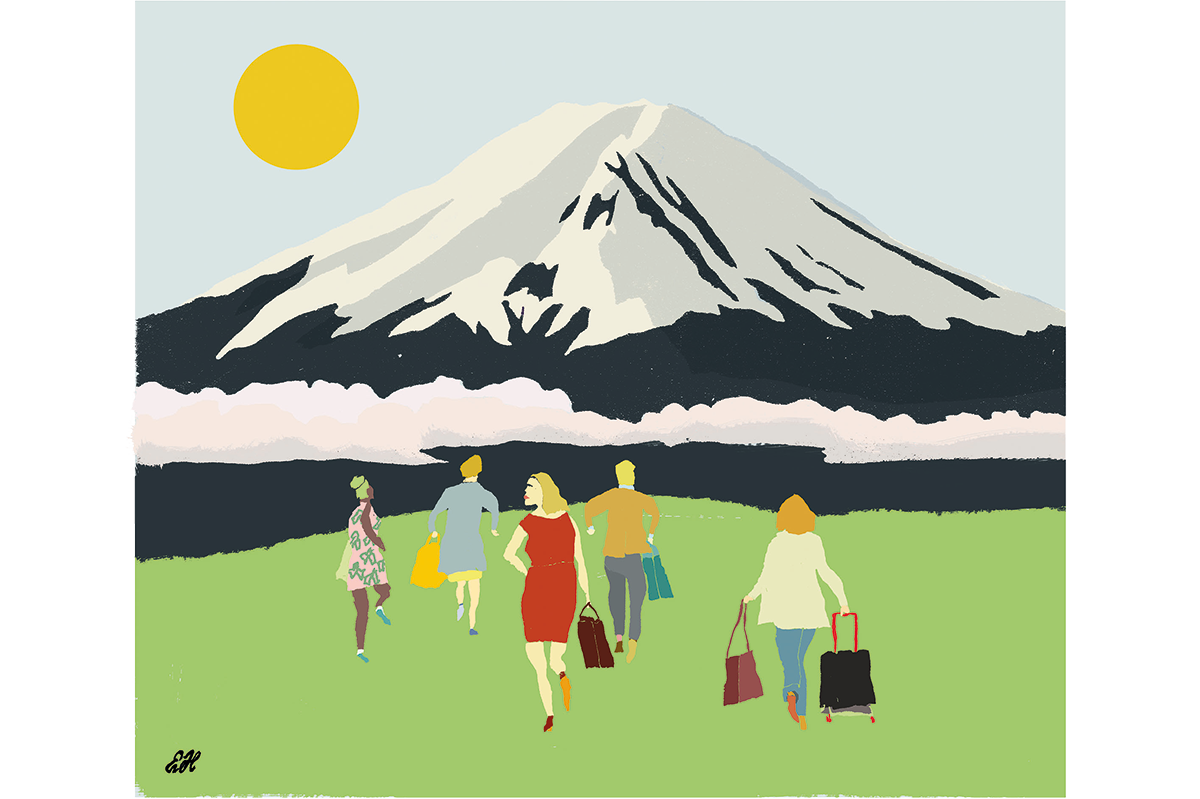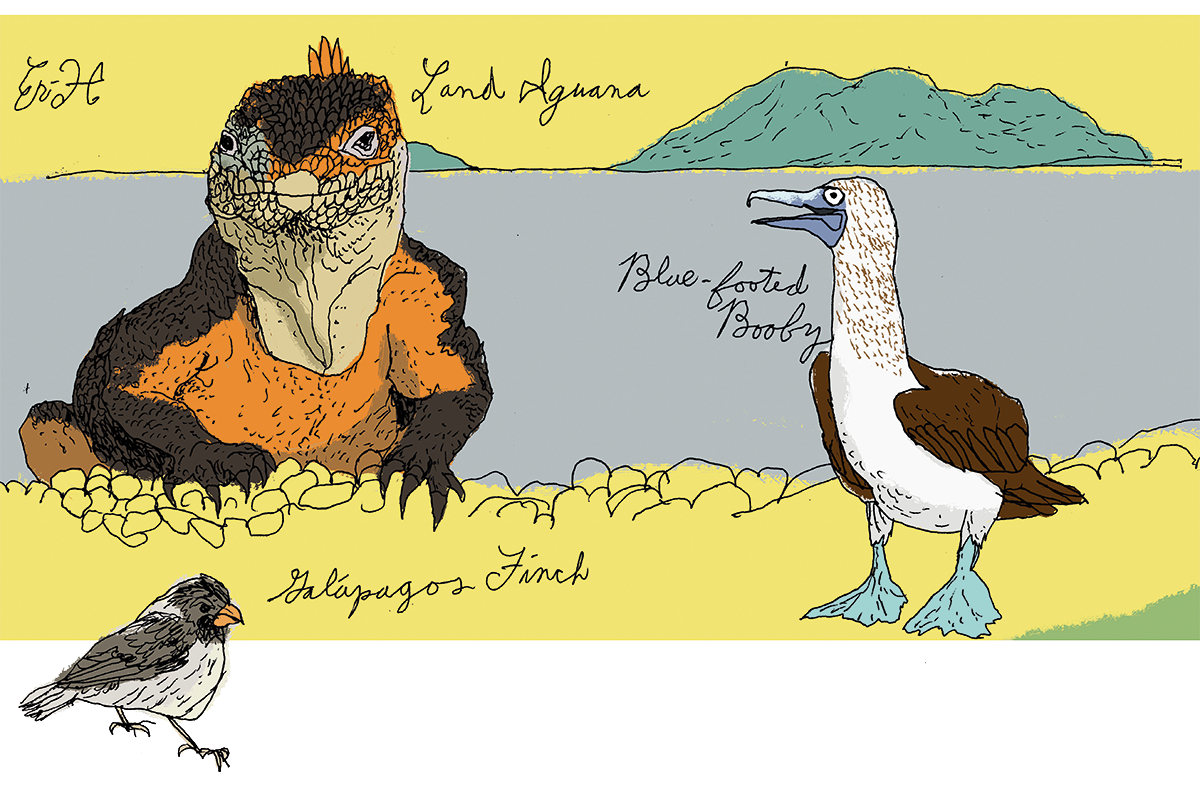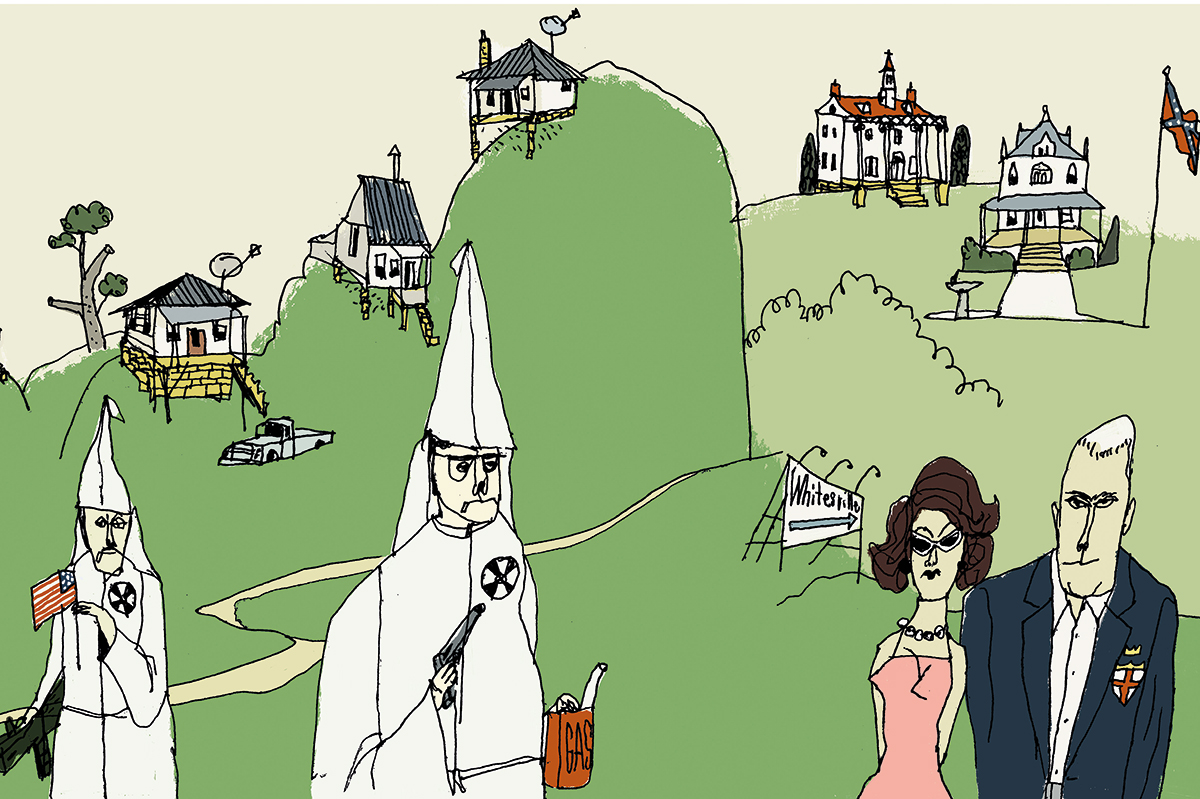I rarely open, let alone read, promotional emails, but one I got last summer about the World Equestrian Center in Ocala, Florida captured my attention. The place was described as a “playground for the 1 percent… where that Ralph Lauren picture-perfect fantasy is within reach — if only for a night.”
The message referred to rubbing elbows with the rich and famous and I wondered what on earth they were talking about. After all, the super-rich in Florida mostly congregate further south in Palm Beach and the affluent bits of Miami, right?
Ocala is a small city ninety miles northwest of Disney World and it’s long billed itself the horse capital of the world. A 1968 New York Times article examining the success of thoroughbred horses from Ocala and surrounding hamlets in Marion County concluded that the area’s limestone soil was perfect for breeding horses. By that time, Ocala was already on the equestrian map thanks to Needles, a local colt who won the 1956 Kentucky Derby after languishing in sixteenth place early in the race. Since then, five more Ocala horses have won the Derby, including Triple Crown winner Affirmed in 1978. And there are now more than 1,200 horse farms and 35,000 thoroughbreds in Marion County. Fifteen of the twenty-two horses in last year’s Kentucky Derby had a Marion County connection.
While Ocala has long been a destination for horse lovers, it didn’t have a signature resort-style destination until self-made trucking magnate and horse lover Ralph “Larry” Roberts and his wife Mary opened their second WEC location a few minutes outside Ocala in 2021. The new resort — the largest equestrian complex in the world — dwarfs the first, built outside their hometown of Wilmington, Ohio. The 380-acre estate features a 248-room luxury hotel with seven restaurants, a spa, a pool, twenty-seven shops, and twenty arenas, five of them indoor, for horse shows.
In a lifetime of travel, I’d never heard of anything like it. I had to see it. Luckily, I live less than two hours away. On a sultry Friday afternoon, my wife and I, with our two teenage sons in tow, piled into one of the WEC’s 500 golf carts for a tour with Justin Garner, a director at the hotel.
As we motored around the lush, green grass past soaring oak trees draped with Spanish moss and past countless pristine horses and their equally well-coiffed owners, Garner outlined the owners’ ambitious vision for the place. “It’s kind of a Field of Dreams project,” he said. “You have to come here and see it to believe it.”
Garner told us that they have 2,800 horse stalls, with 1,300 occupied for the weekend’s shows, involving mostly amateurs plus some pros there to compete for $100,000 in their Grand Prix event. We spent much of the weekend riding our golf cart around the grounds to watch privileged teens and young adults riding exquisite horses and taking air-conditioned breaks here and there to people-watch in the opulent lobby and in its outstanding restaurants. At one event, the father of a teenage rider told me that it costs about $10,000 a month to keep a horse. Suddenly I understood why our car was the shabbiest in the parking lot.
At the Yellow Pony Pub, a local told me that John Travolta sometimes dines there and at Stirrup’s, a steakhouse where you can dine outside watching the Grand Prix. Travolta, I later learned, owns an 8,900-square-foot palace with a 7,500-foot runway that allows him to park his 1964 Boeing 707 a few steps from his doorstep in Ocala’s Jumbolair Aviation Estates, which caters to people who own their own planes and want fly-in, fly-out access. (Travolta moved there after neighbors in Daytona Beach unsuccessfully sued him over the noise his planes made.)
On Saturday night, at the Grand Prix, each of my family members picked from among the thirty-two competing horses in a kind of fantasy equestrian draft. I thought I had a winner in Gatsby. But an American rider named Aaron Vale, riding a thirteen-year-old Dutch Warmblood gelding named Elusive, beat Gatsby out with a pair of flawless, lightning-fast, rails-up performances to win the event, allowing my son, James, who had him in our pool, to win the night.
After we checked out the following morning, we took a look at the WEC’s extraordinarily pretty chapel. As we were about to enter, I saw a minister inside. We turned to leave because we didn’t have time for a church service. I felt sheepish when Edwin, the pastor, came outside and coaxed us back into the chapel.
We made small talk and Edwin and his wife gave us small, hand-carved wooden crosses from Bethlehem and told us they’d like to pray for us. We joined hands, closed our eyes, and listened to Pastor Edwin ask God to bless our “beautiful family” in the sweetest and most sincere way I’ve ever heard. On the way out of this wonderfully posh place, Pastor Edwin reminded us that the best things in life are still free.
This article was originally published in The Spectator’s February 2023 World edition.



